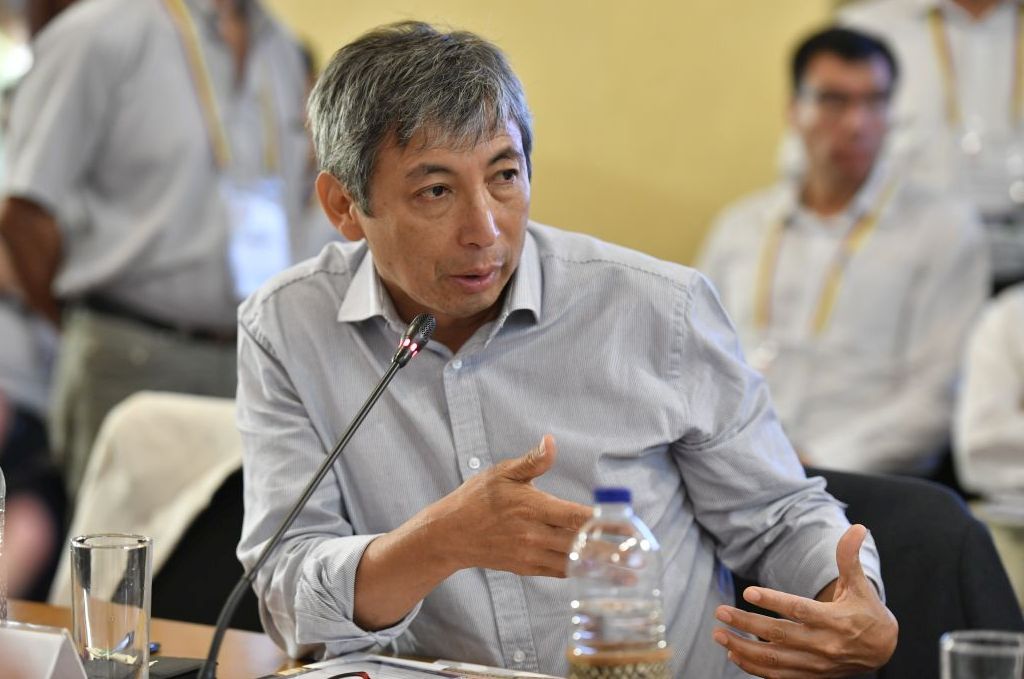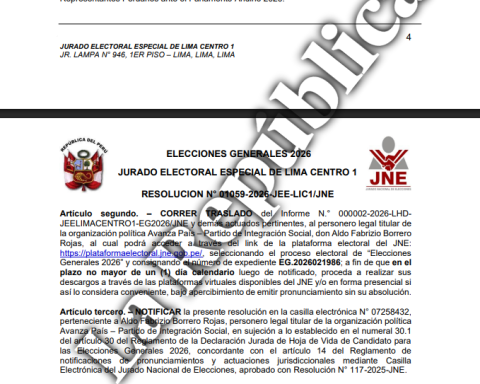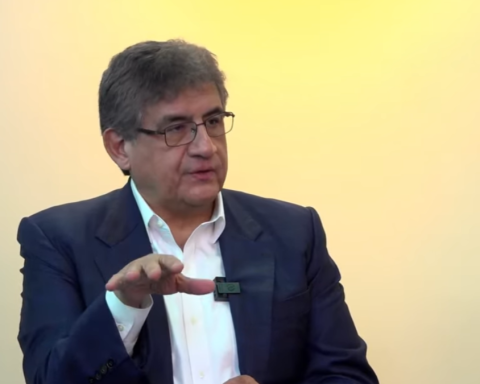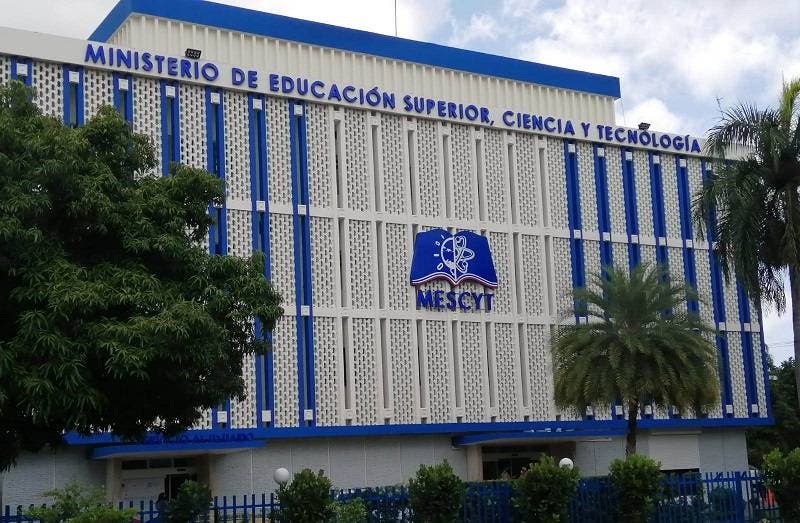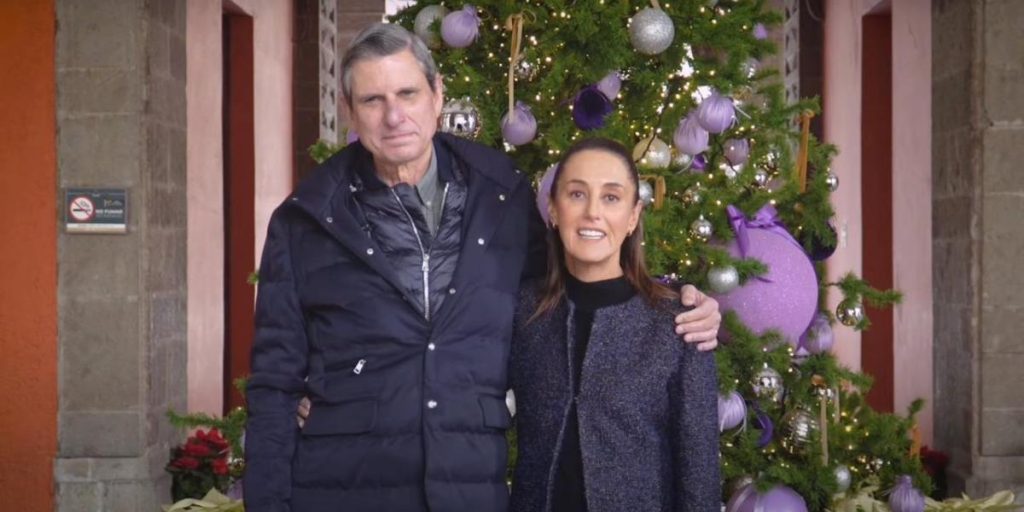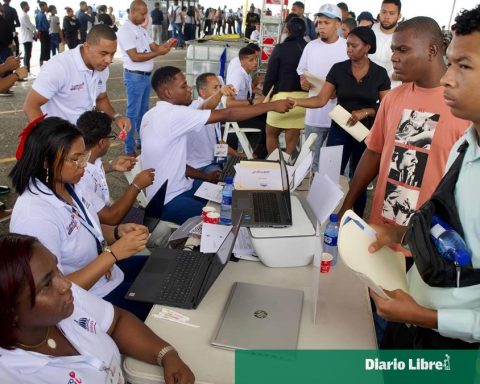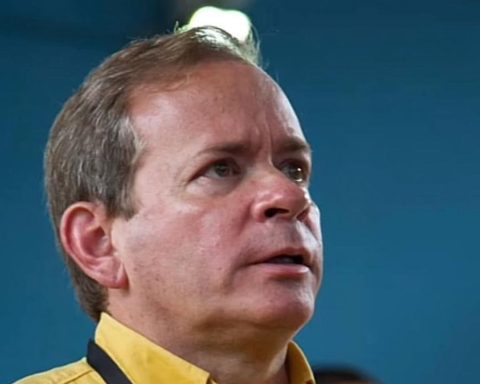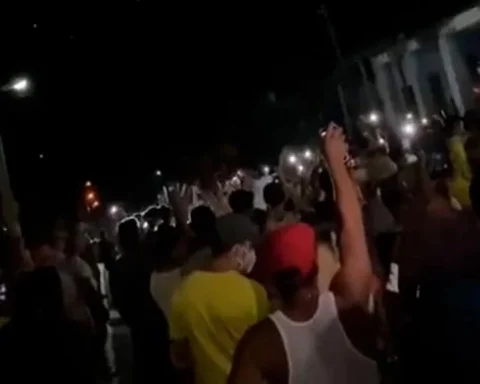At the beginning of July of this year, the president Dina Boluarte issued Legislative Decree No. 1621, the first within the powers that it requested from the Congressin which he promised to return the fiscal deficit (excess expenditure over Government income) to its prudential rules. Thus, by the end of 2024, the commitment made was to bring the deficit to 2.8% of GDP. However, as of November it reaches 3.9%. Therefore, there would be two years of mandate in which he fails to comply with the rule.
Look: MTC assures that Chinchero Airport will be ready at the end of 2026
Despite the commitment made by Boluarte, his Minister of Economy, José Arista, ignores him.
The disoriented minister, who recently described as “hateful” a journalist who insisted on the waste in Petroperú, stated: “A fiscal deficit is always a deficit, it does not matter if it is within or above the rule. Whether the rule is violated or not, that is relative.”
Arista’s foolishness has led him to question the recent warnings of the Fiscal Council about the increase in the fiscal deficit and to point out in RPP that the council “instead of making public criticisms, should send them the reports and propose solutions.”
Importance
For former Economy Minister Carlos Oliva, it is not true that it is relative (debatable) to comply with fiscal rules. According to Oliva, there are hundreds of examples in economic history that show that the size of deficits is important. That is why most countries in the world have some type of tax rule.
“What a fiscal deficit beyond your possibilities does in the medium term is harm the country, whether with devaluations, with increases in the cost of debt, with spending restrictions or with inflation,” Oliva told Perú21.
“An example is what is happening in Brazil; “The deficit got out of hand and there has been a tremendous devaluation this year (see column by Felipe Morris),” he added.
Finally, Oliva indicated that it is not the responsibility of the Fiscal Council to provide solutions to reduce the deficit, given that the one who proposes the economic policy is the Ministry of Economy.
Take advantage of the NEW EXPERIENCE, receive our enriched digital newspaper by mail and WhatsApp. Peru21 ePaper.
Now available in Yape! Find us at YAPE Promos.
RECOMMENDED VIDEO
